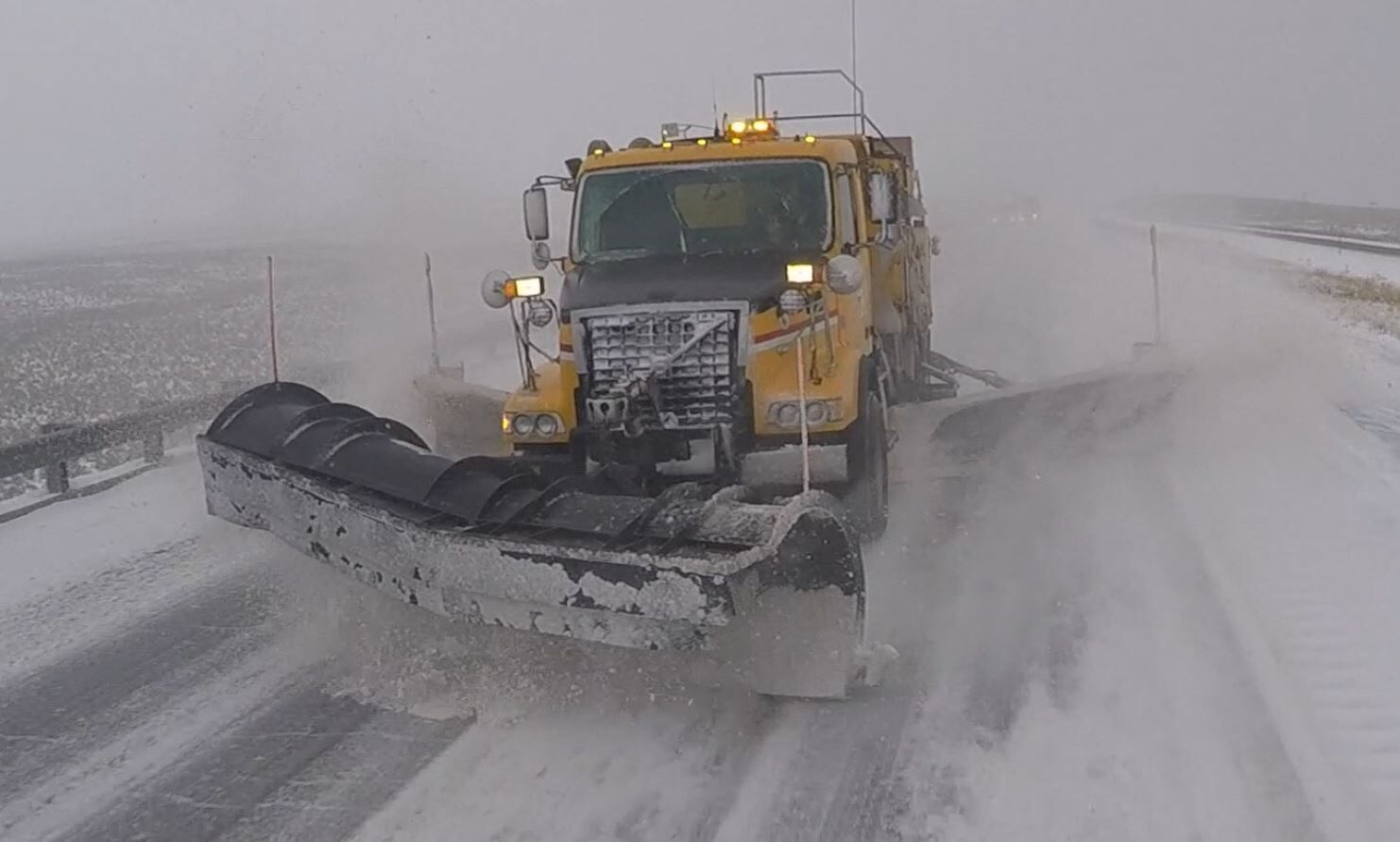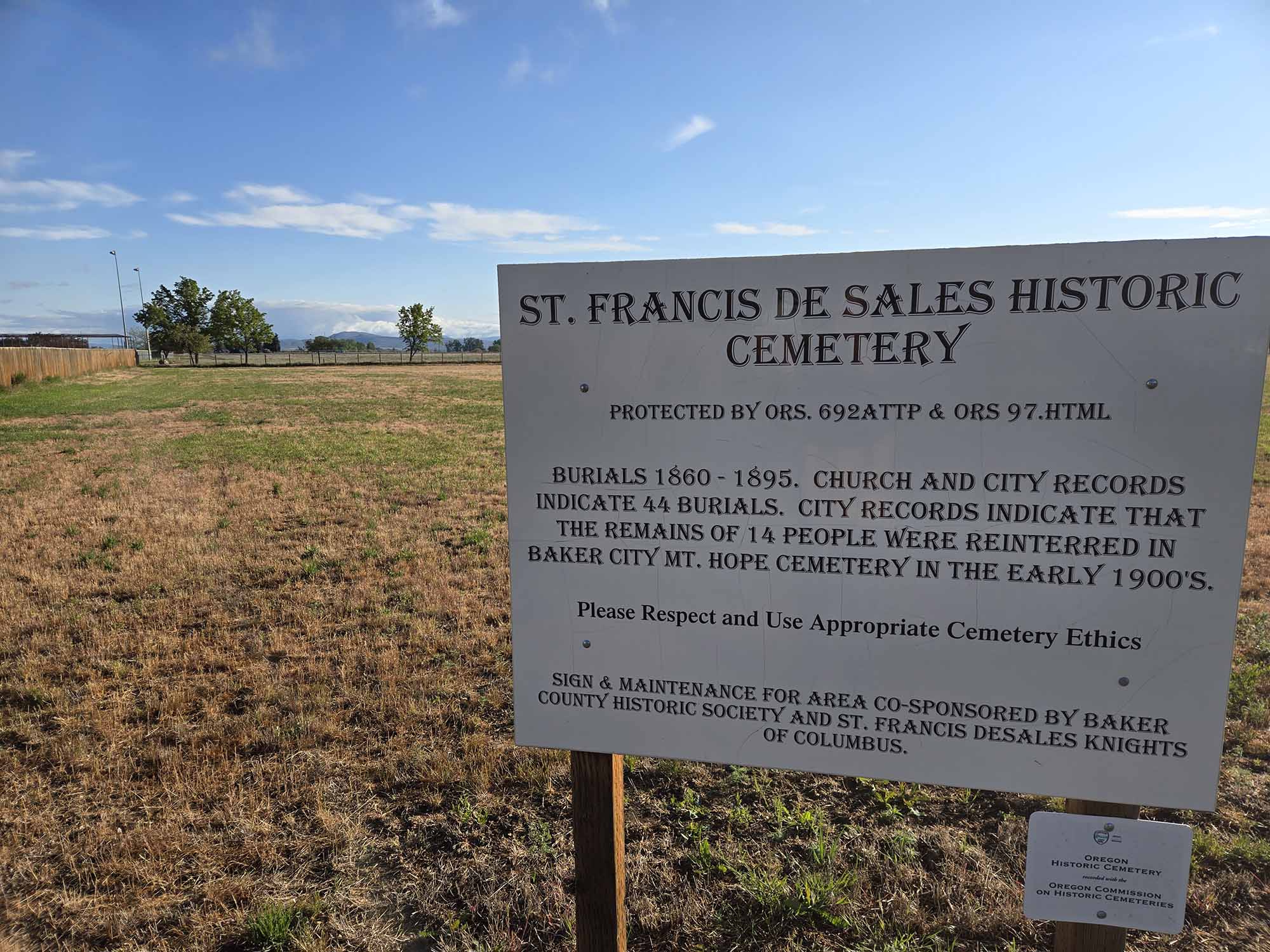More premium coffee arrives in county
Published 8:00 am Thursday, June 10, 2021
ENTERPRISE — Another premium coffee outlet is coming to Wallowa County.
Trending
In fact, it’s already here, as True Mountain Coffee is importing green coffee beans from Costa Rica to roast and sell.
Lyman Warnock, of Enterprise, is working in conjunction with a longtime friend, Gustavo Rodriguez, of Tilarán, Costa Rica, and Warnock’s wife, Mildred — Rodriguez’s niece — to bring the Arabica beans from Central America.
“About two years ago, I started talking to Gustavo about this coffee. (I told him) it’s a really growing business, and we’ve got to look into this,” Warnock said. “So I started studying it on the internet — I didn’t know anything about the coffee business. We usually drank Costa Rican coffee, but not the premium stuff. He came up for Christmastime 2019 and he brought us some coffee and we started talking and contacted some growers down there.”
Trending
Since then, he’s been working to develop relationships with Costa Rican growers and even has found a local coffee purveyor who can roast the green beans. Beans designated “green” are simply those that have been harvested and dried, but not yet roasted.
Warnock met Scott McDonald, of Joseph Creek Coffee in Enterprise, who has the needed equipment to roast the beans. Warnock packages and sells his own.
“He sells locally, and I really don’t want to compete with him,” Warnock said. “He’s doing me a good turn — we have a good business relationship.”
Warnock is still developing his own retail outlets.
“I really have not yet established a retail outlet where I sell wholesale to people who sell it,” he said. “But that won’t happen until I’ve secured my source (of imports from Costa Rica) and have a couple thousand pounds of beans.”
Only Arabica beansTilarán sells exclusively — and by law — only the Arabica beans. As the community’s local chamber of commerce representative Enervey Ramirez explained, it’s against the law to sell anything of a lesser quality.
“Only Arabica. If we want to compete, it’s better to compete with quality,” Ramirez said.
According to the Costa Rica coffee website, https://tinyurl.com/CafebrittArabica, Arabica beans are a specific variety of beans that is more difficult to grow than other, hardier stocks. The result when the beans mature is rich, full-bodied flavors leading to premium blends.
The beans Warnock imports are all from small farms of 20 acres or fewer.
“It’s all hand-picked, hand-sorted and sun-dried,” Warnock said.
COVID setbackHis business has had some difficulties getting off the ground, like many over the past year because of the coronavirus pandemic. He and Mildred traveled to Costa Rica in February 2020 and were stuck there for an extra three months because of travel restrictions. They used the time wisely to learn more of the coffee business, but it still set them back.
“Because of getting set back, we’re about a year behind where we were scheduled to be at this point,” he said. “I was hoping to have 10,000 pounds instead of 2,000 pounds. If I secure 10,000 pounds, I can sell to the big companies and take a lesser margin.”
The bigger companies, such as ones in Portland or Seattle, do the roasting and can provide Warnock with a higher volume of sales.
“You’ll want to double your money. That’s the whole key,” he said. “If you don’t double your money, you’re losing money. I have a higher profit margin because I have less product to sell.”
At present, he sells his coffee beans — unground — for $15 for a 12-ounce bag. He often sells six bags for the price of five, giving purchasers a bonus. He now bags the beans from home, but hopes to expand in the future by adding employees. Right now, he sells about 60 pounds of coffee beans every two or three weeks.
“There’s a certain amount of shrinkage in it,” he said. “At 12 ounces, you’re about breaking even on a pound of coffee because you’re losing like 15-20% of the weight when it gets roasted — it goes up the chimney.”
Warnock also is considering the purchase of a roaster, but they can be spendy, so that’s in the future.
“Roasters can cost $30,000-$50,000,” he said.
The next step, he said, is to engage in professional marketing.
“The whole idea is to take this to more than Wallowa County — all over the Northwest, the West Coast,” he said. “Volume is the name of the game with margins. If you don’t have a huge volume, your margin’s got to go up. With a big volume, your margin can go down and you can really offer (a deal) to people.”









